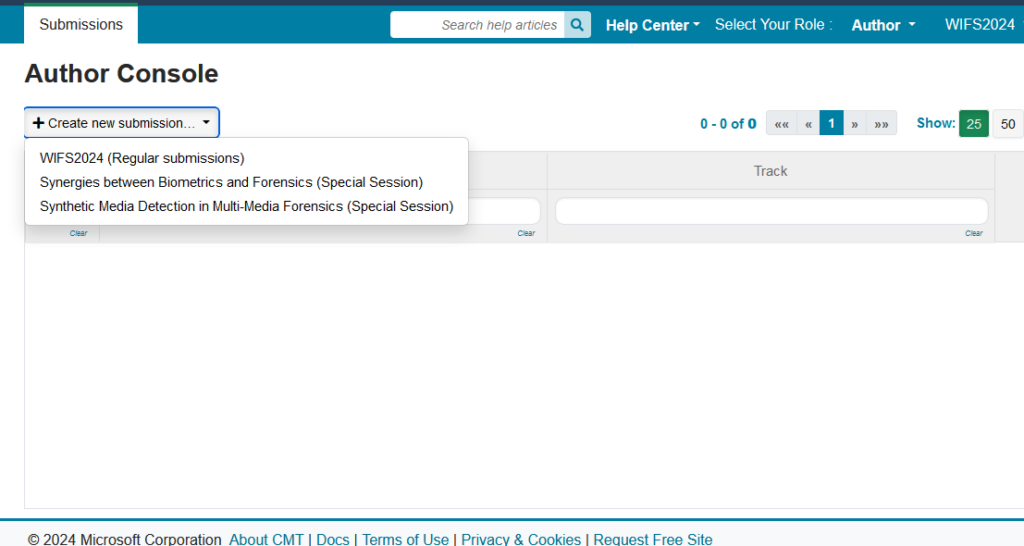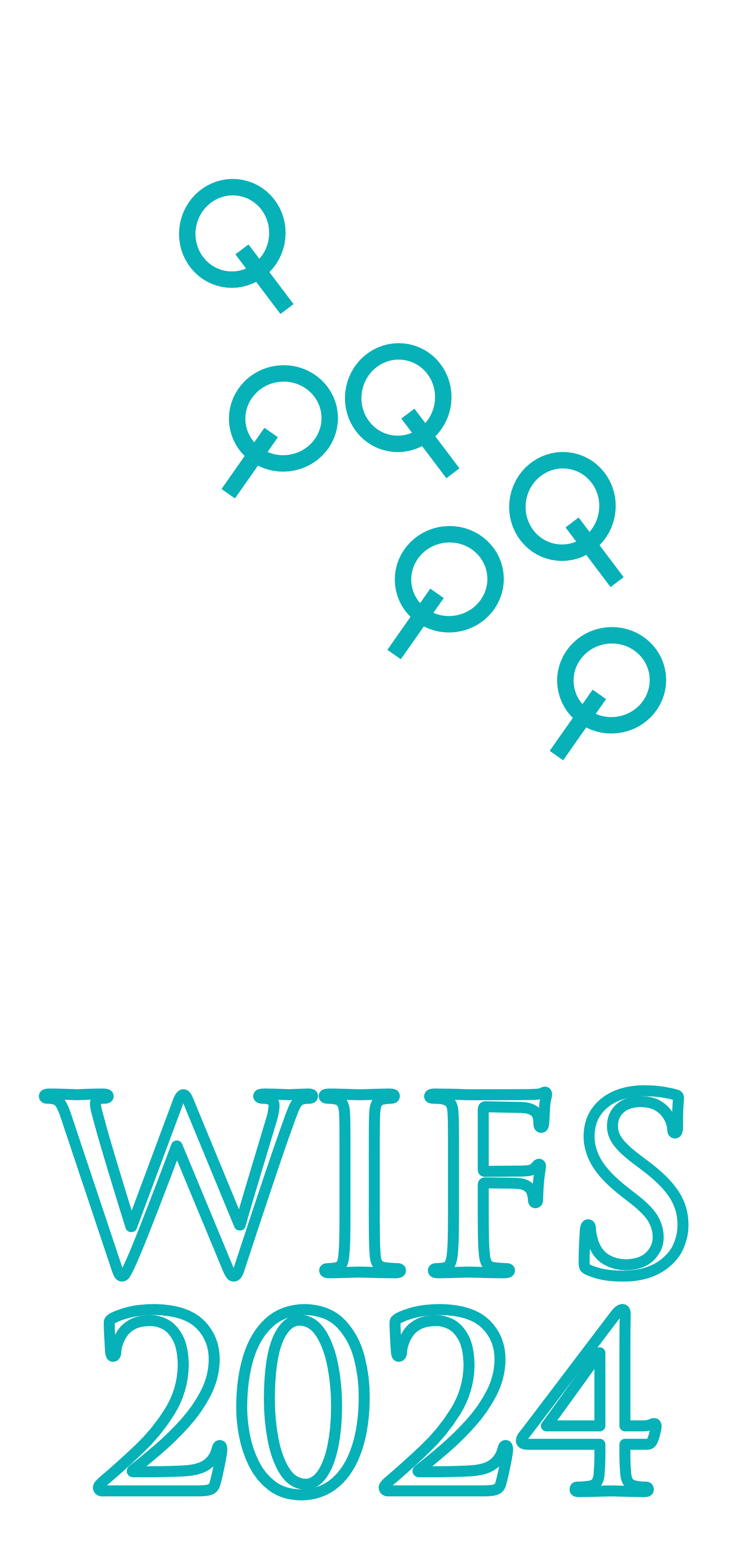IEEE WIFS will host two innovative and high-quality Special Sessions on emerging topics in the area of Information Forensics and Security, which complement the regular program of the conference.
Synergies between Biometrics and Forensics
Organizers: Kiran Raja (Norwegian University of Science and Technology, Gjøvik, Norway) and Marta Gomez-Barrero (Universität der Bundeswehr München, Neubiberg, Germany).
Forensic science is one of the important end-users of biometric technology. However, forensic biometrics is still a fragmented area. The elements necessary to develop and implement new products and services are in the hands of different entities that are not necessarily partners yet. With this special session, we would like to draw attention to this gap and try to foster joint work between these communities. On the one hand, it is well known that biometric technologies can aid forensic investigations by providing reliable identification of individuals involved in criminal activities, either online (e.g., keystroking behavioural biometrics can play an important role in cybercrime) or on analogue crime scenes (e.g., fingermark recognition). On the other hand, forensic science can help detect altered biometric samples (e.g., deep fakes) and also provide valuable insights into the accuracy and reliability of biometric technologies.
The aim of this special session is thus to facilitate synergies and bring together researchers working on the areas of forensic science and biometrics. Topics of interest of this special session include (but are not limited to):
- Biometrics for crime scenes, digital and analogue
- Attacks on biometric systems, including deep fakes
- Attack detection on biometricsMobile, behavioural and soft-biometrics
- Biometric data anonymization/de-identification
- Multimedia Forensics
- Surveillance
- Explainable AI for Biometrics & Forensics
- Ethical, societal, and privacy implications
Synthetic Media Detection in Multi-Media Forensics
Organizers: Edward J. Delp (Purdue University, Indiana, USA) and Stefano Tubaro (Politecnico di Milano, Milano, Italy)
In the digital age, the creation of synthetic media, including deepfakes and AI-generated content, has become increasingly easy. Advances in technology have made it possible to generate realistic images, videos, and text that can be nearly indistinguishable from authentic content. However, this ease of creation poses a significant threat. Synthetic media can be used to spread misinformation, manipulate public opinion, and infringe on personal privacy. The potential for misuse is vast and the consequences can be far-reaching. Given this context, it is paramount for the multimedia forensic community to discuss and address these challenges.
This special session provides a platform for this crucial conversation. The session emphasizes the importance of preparing datasets that accurately represent the diversity and complexity of synthetic media. These datasets are essential for training robust detection algorithms. Furthermore, the session underscores the need to develop advanced detectors capable of distinguishing synthetic media from authentic content. This is a critical step in mitigating the potential harm caused by synthetic media.
Special Sessions Paper Submission
Paper submission is available through https://cmt3.research.microsoft.com/WIFS2024. The same deadline for regular papers will be applied.
Papers submitted to WIFS 2024 Special Sessions can be up to 6 double-column pages including references and figures. The review process will be single-blind (author’s names can be reported in the submitted papers). Accepted and presented papers will be submitted for inclusion into IEEE Xplore subject to meeting IEEE Xplore’s scope and quality requirements. It is IEEE policy that WIFS accepts only original research papers, which are not already published or submitted elsewhere (including journals, conferences and workshops). Double submissions will be rejected immediately.
Authors should follow carefully all instructions and guidelines provided in the IEEE conference style and use the respective template (two-column Word or LaTeX templates).
Manuscripts must be submitted in PDF format using the Microsoft CMT submission system at https://cmt3.research.microsoft.com/WIFS2024.
When submitting a paper, please select the required track from the menu. Submissions to Special Sessions should be uploaded selecting the corresponding track.

Important Dates
- Paper submission:
June 30, 2024July 15, 2024 (expired)

